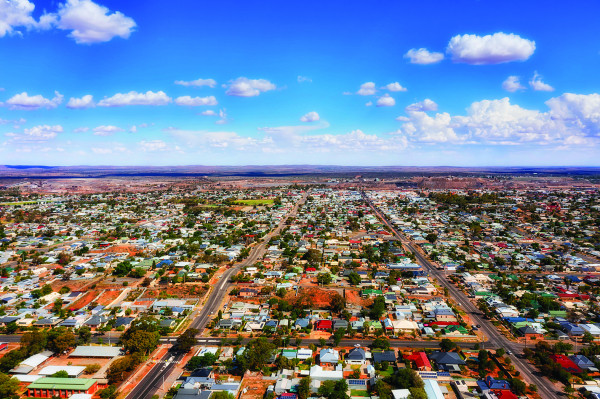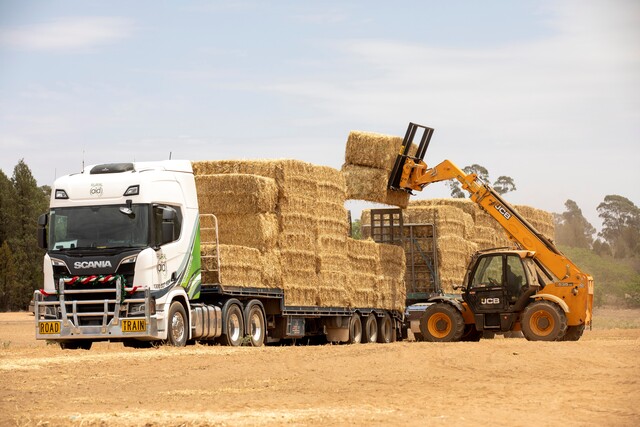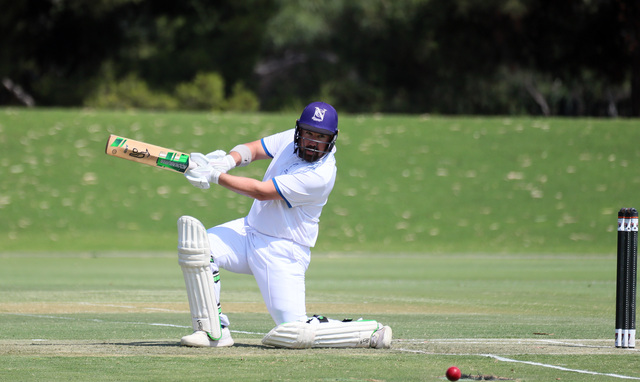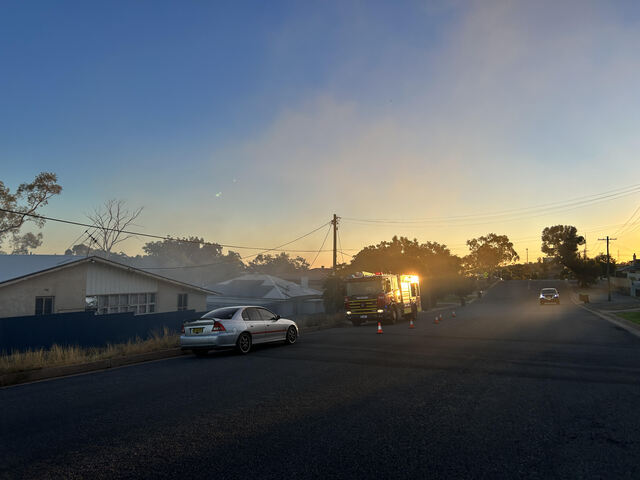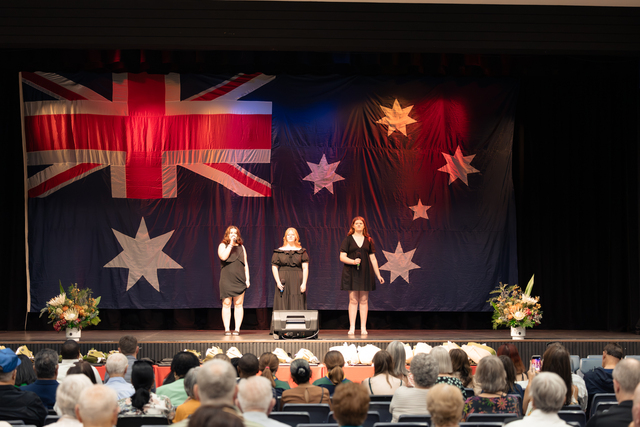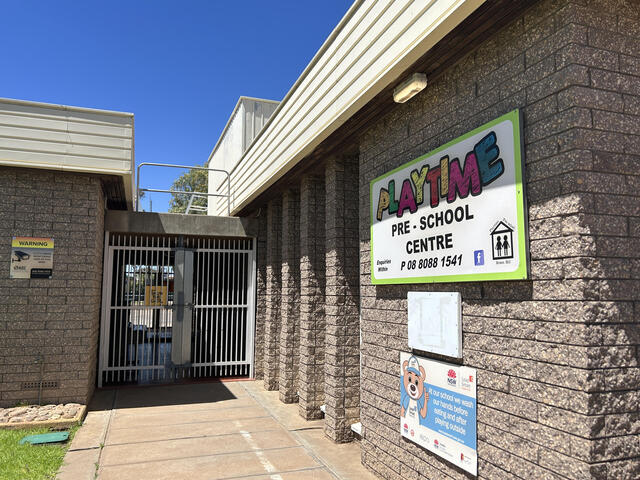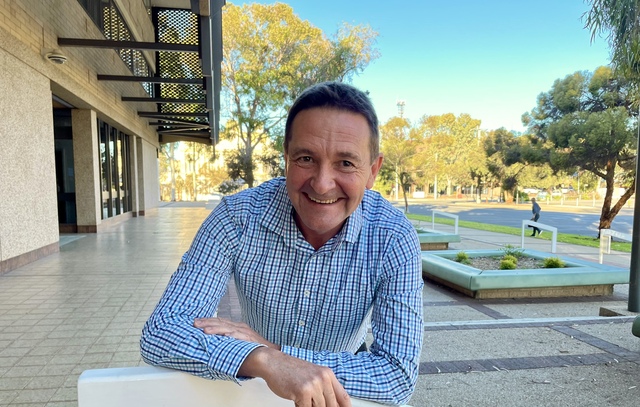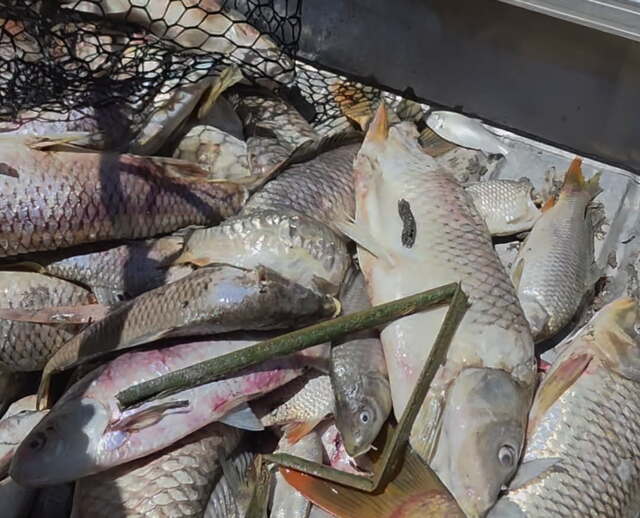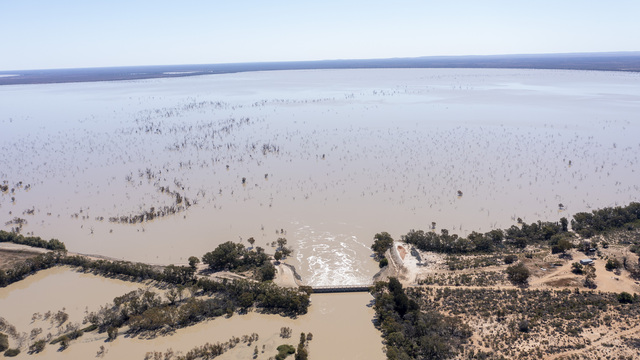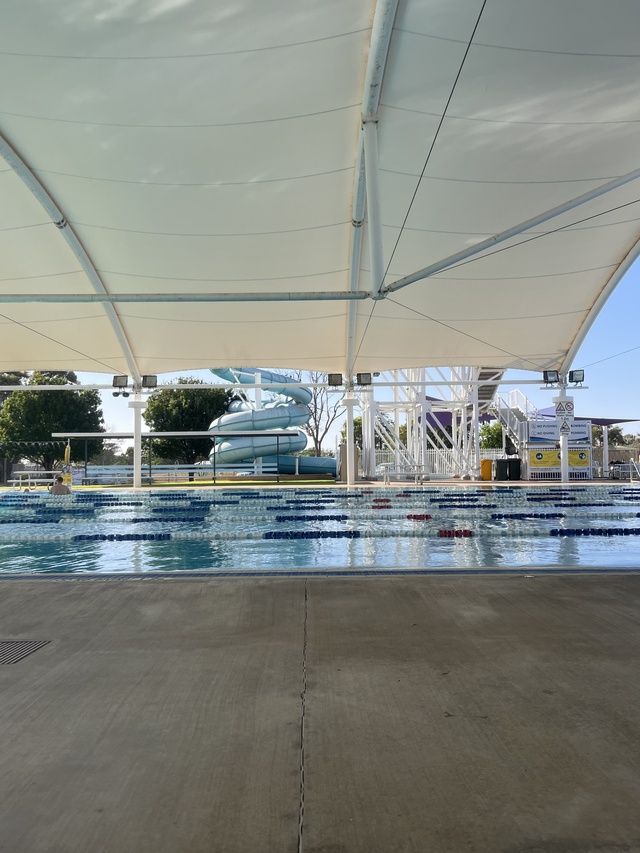AN annual report into lead levels in Broken Hill shows that there’s been no significant changes in blood lead levels among children screened through the program in 2024, though blood lead levels in Aboriginal children were still alarmingly high.
Lead dust in Broken Hill can be found in dust, soil, rainwater tanks and more, and is particularly risky for unborn babies, infants and young children.
The Broken Hill Lead program offers free blood lead screening annually for children under five through Maari Ma Health Care Service and the Broken Hill Child and Family Health Service.
A lead abatement program, facilitated by NSW Public Works, aimed at lowering blood lead levels through managing soil in residential gardens has been running for the past 10 years throughout Broken Hill.
The works included replacing or capping contaminated soils, encapsulating lead-based paint, sealing ceiling joints to prevent dust buildup and more, in an attempt to minimise lead levels in households with young children.
Data collected by NSW EPA and NSW health retaining to the Lead Abatement program has shown a decrease or stabilisation in lead levels in participating families.
But the annual Lead Surveillance Program 2024 Annual report indicates that of the more than 700 children aged one to five years who were screened, there were no significant changes in blood levels from the previous year’s report.
The average blood lead level was 4.3 micrograms per decilitre, which sits below the National Health and Medical Research Council blood lead level guideline of less than 5 micrograms per decilitre.
Twenty-six per cent of the children tested were Aboriginal, and a disconcerting 68 per cent of the Aboriginal children screened had blood levels above the guideline, compared to 35 per cent of non-Aboriginal children screened.
The Far West Local Health District encouraged regular handwashing, keeping children away from dust, dirt and soil, minimising dust in the home, and drinking town water rather than from rainwater tanks, to reduce the risk.

